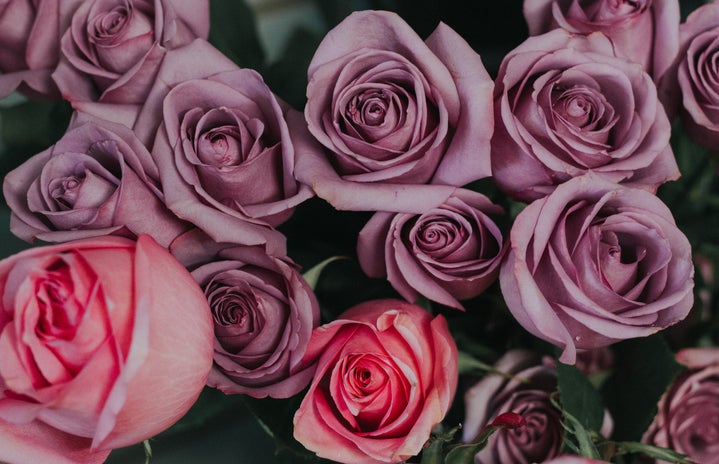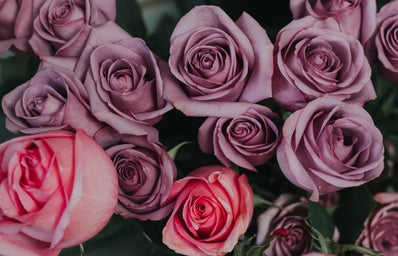Growing up, I detested all things society viewed as feminine. Makeup, the colour pink, boy bands, you name it. In high school, I distanced myself from pop music because I thought people would judge me for listening to it. I didn’t want to like the things I did because they were too “girly” and I might get judged for them by adults or other people in my life. This story is not unique. What young women and girls find interesting are made fun of. Those interests are never taken seriously.
Femininity continues to be villainized in film as well. Hyperfeminine characters are often depicted as mean girls (like Regina George in Mean Girls), ditzy, dumb, or subjected to being the background best friend character. Now there are characters who do go against this (such as Elle Woods in Legally Blonde), but these characters are not the norm. Powerful female characters in media are depicted as “tomboys” or as women who are uncomfortable presenting femininely (think Katniss Everdeen). Masculine women are seen as “powerful”, while feminine women are seen as “weak”.
Of course, you can present the alternative side to this issue as well: toxic masculinity. Men who care about their looks or choose to partake in things society typically views as feminine, such as wearing makeup, are made fun of for not being “men”. I am a firm believer that makeup and fashion are for everyone, but I hope you get my point.
Femininity has been seen as something to avoid since second-wave feminism. In order for society as a whole to take women seriously, they had to present themselves like men to seem powerful. You can see this in fashion, as pants became more of a staple in women’s closets and Yves St Laurent came out with Le Smoking, the first tuxedo/suit designed for women. Women fought against the nuclear family and the traditional role of motherhood. In this day and age, it’s not as blatant, but femininity is still under attack. Dress codes, both in schools and at work (professional and unprofessional alike) prevent women from dressing how they like even if they abide by the set boundaries for appropriate workwear.
If you don’t believe me; picture a woman in a completely appropriate sparkly pink dress and a woman in a modest black pantsuit. Now answer this: which one is more professional? Reflect on your answer. How are either of them dressed unprofessionally? What makes sparkles unprofessional? (Literally nothing, by the way). Yet, we automatically see pink and sparkles as unprofessional in comparison to a black suit. This is the villainization of femininity in action.
Now I mentioned at the beginning how I avoided being feminine most of my life. I fought wearing makeup because I heard everyone around me demonizing it, even women. Only “natural makeup” was acceptable. It had to look like you weren’t wearing it at all. Now, I like to wear makeup because I find it fun. I’ll take any excuse to wear brightly coloured eyeshadows and a winged eyeliner. I’ve embraced my love for dance and pop music because it is fun. On a night out, I love being shiny and singing along to Taylor Swift and One Direction.
It’s taken years for me to begin to heal from the societal pressure to ignore my femininity, and it’ll take me years more. But I’m on my way, and that’s what matters!


